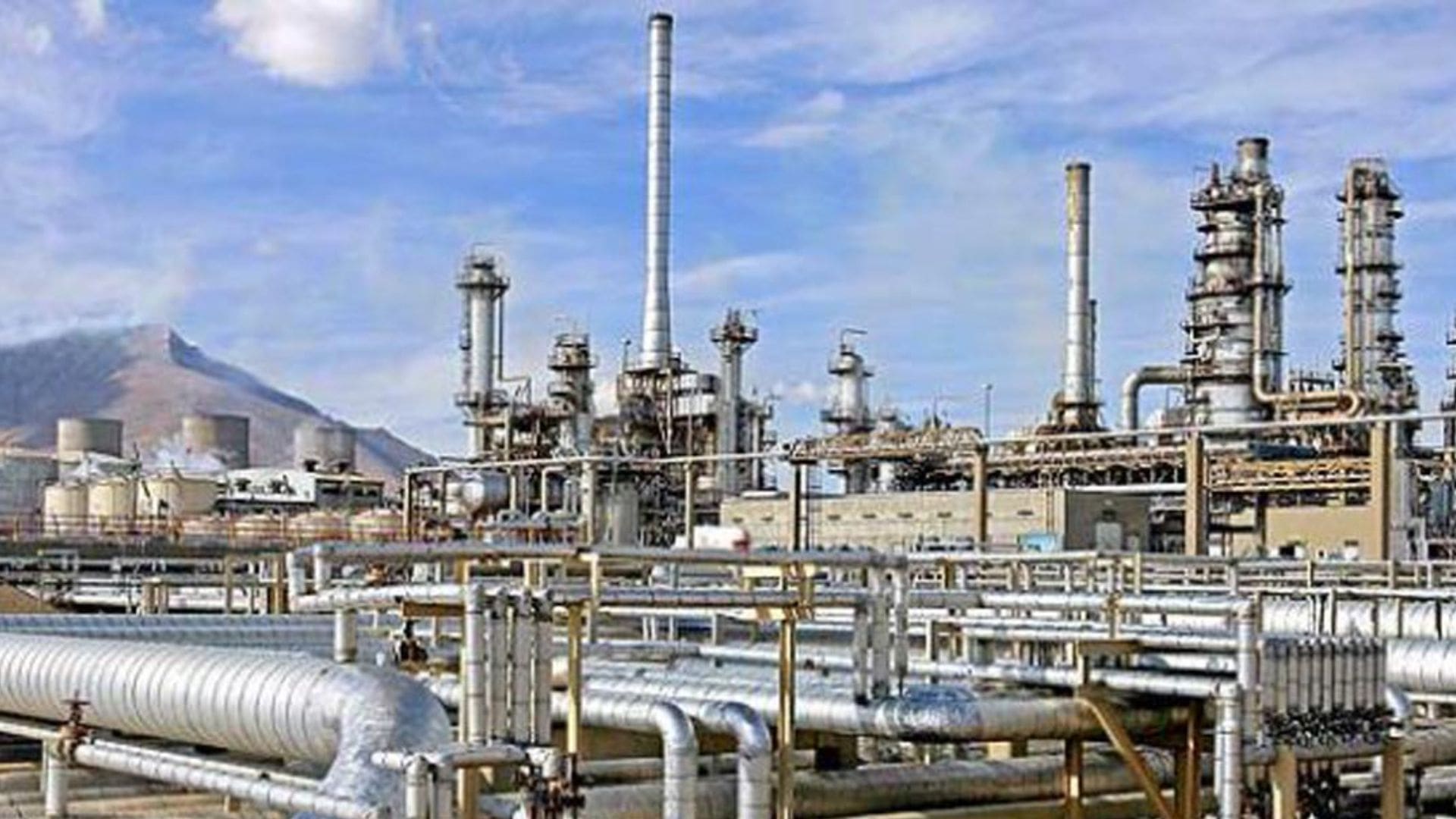Nigeria's Precarious Position: Navigating the COVID-19 Pandemic and the Oil Crisis
- Nigeria | 12 August 2020

The year 2020 started with great optimism for Nigeria, with plans to build on security improvements, diversify the economy, and combat corruption. However, the unforeseen emergence of the COVID-19 pandemic, coupled with a sharp decline in oil prices, has left the country in a precarious position. Nigeria faces significant challenges as it grapples with the impacts of the pandemic on public health, the economy, and the oil industry. This article examines the implications of these crises and the potential strategies for navigating these turbulent times.
The COVID-19 pandemic has dealt a severe blow to Nigeria, with increasing numbers of confirmed cases and deaths. Simultaneously, the oil market has experienced a historic collapse, as the OPEC+ meeting was delayed amid escalating tensions between Saudi Arabia and Russia. Developing countries, including Nigeria, have been warned by OPEC and the International Energy Agency (IEA) that they may face up to an 85% loss in oil and gas income if current market conditions persist.
Nigeria’s heavy reliance on global crude prices makes its economy vulnerable to the fluctuations in the oil market. As a result, the government’s spending capacity is shrinking, leading to a contraction in the economy. Upstream players in the petroleum industry face significant challenges due to dwindling demand abroad and an uncertain regulatory climate, adding further pressure to their balance sheets. Chevron has already announced a reduction in capital spending, while the Nigerian National Petroleum Corporation (NNPC) has struggled to find buyers for its stranded cargoes of crude oil and LNG.
Nigeria’s budget heavily depends on oil, representing 31% and accounting for 90% of its foreign exchange earnings. With economic activity at a standstill, the oil price war, weak oil demand, and a deficit-based budget, the country faces significant economic risks. As a result, the government may need to resort to borrowing to meet its obligations, worsening its debt situation and increasing the risk of default. The devaluation of the Naira further compounds Nigeria’s challenges, with foreign exchange reserves hitting their lowest levels in decades.
The current crises highlight the pressing need for economic diversification in Nigeria. Overreliance on the oil industry leaves the country vulnerable to market volatility and limits its ability to weather such shocks. Diversification efforts should be intensified to cushion the effects of the upcoming global recession, reduce inflation, and address unemployment, particularly among the poorest segments of society.
While the oil industry is at the forefront of Nigeria’s economic challenges, it has also stepped up to fight the COVID-19 pandemic. International oil companies (IOCs) and the NNPC have committed significant funds to combat the virus, including the construction of hospitals and diagnostic centers. These initiatives will be incorporated into the industry’s corporate social responsibility (CSR) strategy, emphasizing the collaborative efforts of upstream, downstream, and service providers to address medical supply shortages, logistics, and the establishment of temporary and permanent medical infrastructure.
Nigeria finds itself at a critical juncture, grappling with the devastating impacts of the COVID-19 pandemic and plummeting oil prices. To navigate these challenges, the country must adopt strategic measures to safeguard public health, stabilize the economy, and promote diversification. Investing in critical sectors, reviewing the budget, and fostering partnerships between the government and industry stakeholders will be essential in mitigating the immediate and long-term consequences of these crises. By doing so, Nigeria can emerge stronger and more resilient in the face of future uncertainties.








